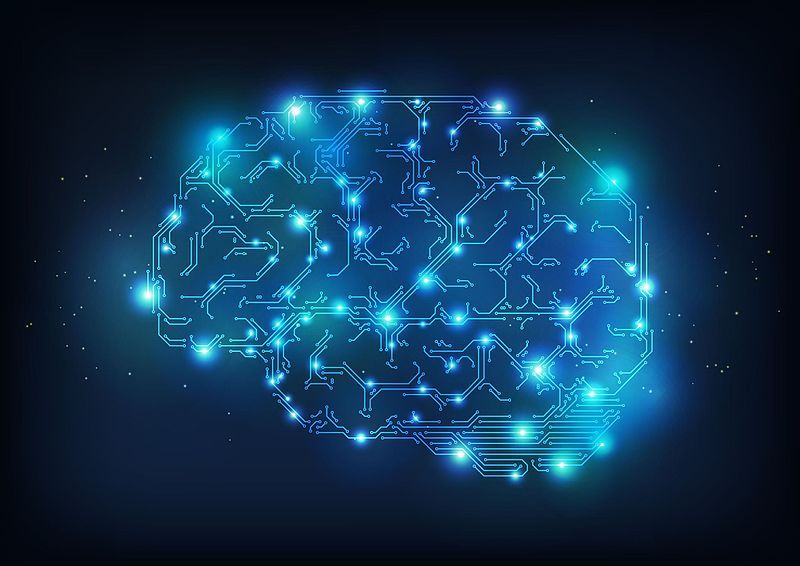235 reads
Protein Structures | AlphaFold: Google Research Vacancy, Weakness in Fundamental Science
by
October 19th, 2024
Audio Presented by

Conceptual Biomarkers and Theoretical Biological Factors for Psychiatric and Intelligence Nosology https://tinyurl.com/
About Author
Conceptual Biomarkers and Theoretical Biological Factors for Psychiatric and Intelligence Nosology https://tinyurl.com/
